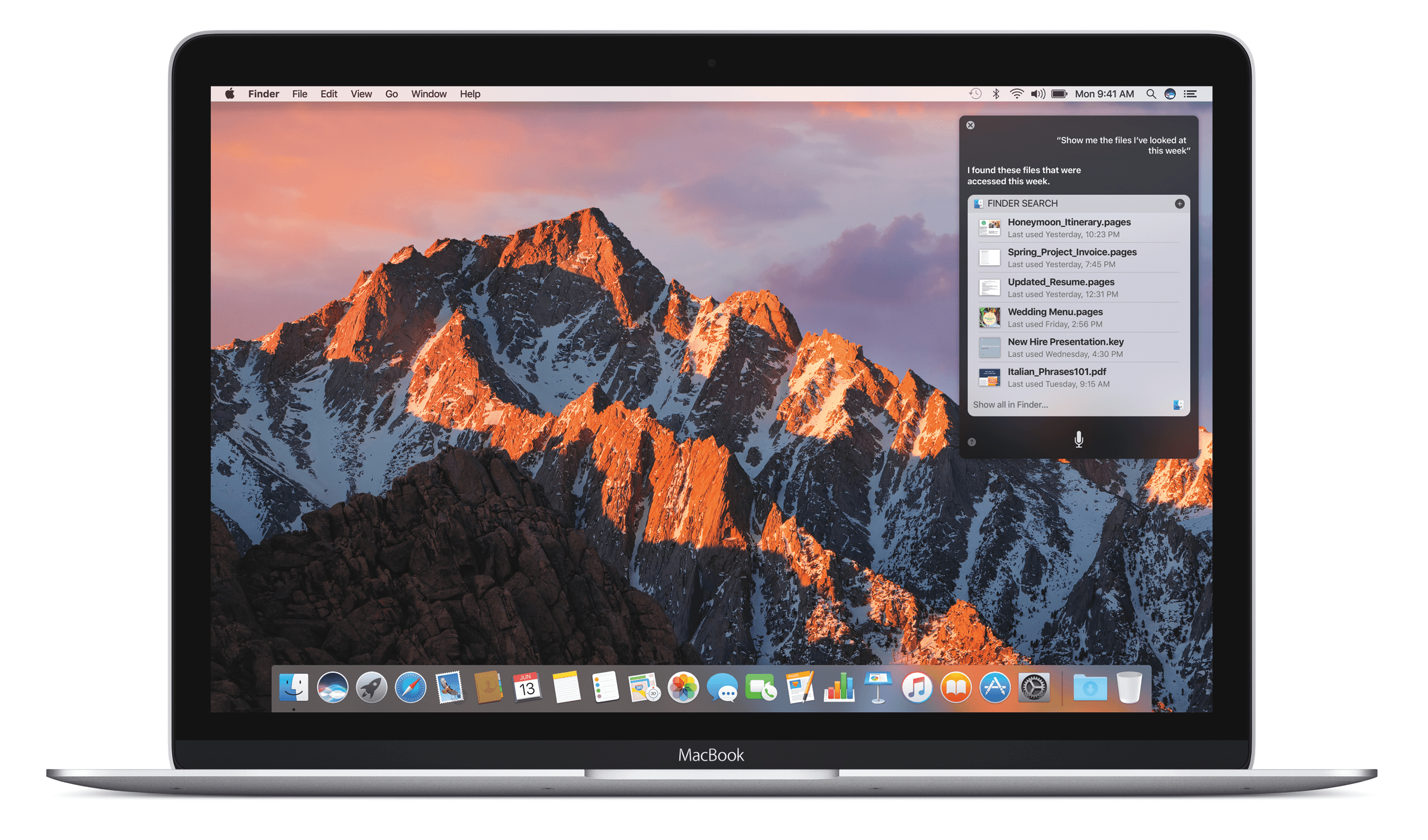The first European iOS app development center, previously announced by Apple in January, will officially open in October 2016. The center, now called iOS Developer Academy, will be hosted at the Università di Napoli Federico II:
The Università di Napoli Federico II (Naples, Italy) today announced it will host Europe’s first ever iOS Developer Academy in a new partnership with Apple that will see hundreds of students given the practical skills and training on developing apps for the world’s most innovative and vibrant app ecosystem. The iOS Developer Academy will officially open in October 2016 with more than 200 students taking part in the first year and more to follow in the years ahead.
Students will take part in a nine month curriculum designed and supported by Apple, with a dedicated facility at the new Campus in San Giovanni a Teduccio. The facility includes labs and access to the latest Apple hardware and software.
Great news for the Italian iOS developer community. More details are available at the official website here.




